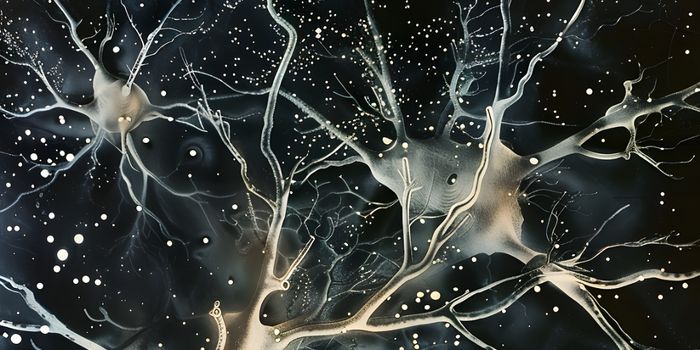Is the Love of Music in the Genes?
Music holds a tremendous amount of meaning and significance, and is a central part of human culture and expression. People can make music with their voices, and the oldest instruments that have been found by archaeologists are estimated to be about 43,000 years old. Music is intertwined with the human experience; it helps us to bond with one another, and can represent our emotions. But not everyone has the same relationship with music. For some it's a major part of their lives while others don't care as much about it. Scientists wanted to know more about whether the appreciation and enjoyment of music has some genetic basis.
In a new study reported in Nature Communications, researchers asked a group of 9,000 Swedish twins to answer questions about their enjoyment of music, and determined the degree to which the participants could perceive melody, pitch, and rhythm.
Since identical twins carry genomes with the same sequences, researchers can learn more about whether certain traits have a genetic basis. When a trait is due to genetics, both twins will exhibit the trait, but as that genetic basis lessens, a trait shows more variability between the twins.
This study has indicated that there are genetic factors that influence how much a person enjoys music.These genes are also not always the same as genes that have been associated with other musical traits, such as the ability to play music, or the enjoyment of rewarding activities in general. There were also distinct genetic pathways for musical experience.
In this group of people, about 54% of the variability in musical enjoyment was associated with genetic differences. So while the enjoyment of music has a heritable aspect, there are other factors at play. The study also indicated that musical enjoyment does not rely on either genetic or environmental factors alone; it is a complex, heterogenous trait.
The study also suggested that our ability to perceive and enjoy music seems to have a stronger link with social bonding rewards that are achieved with music, and less to do with other aspects of music reward sensitivity. Thus, human musicality may have arisen as a support system for human bonding.
“These findings suggest a complex picture in which partly distinct DNA differences contribute to different aspects of music enjoyment," suggested first study author Giacomo Bignardi, a graduate candidate at Max Planck Institute (MPI) for Psycholinguistics. “Future research looking at which part of the genome contributes the most to the human ability to enjoy music has the potential to shed light on the human faculty that baffled Darwin the most, and which still baffles us today.”
Previous work has suggested that people find listening to music to be enjoyable and rewarding because of two different neurological processes. One of those processes is related to memory, prediction, perceptual analysis, and how we perceive music in the auditory cortex; while the other process is related to pleasure and learning. Variability in the connections between these processes appear to influence differences in musical reward sensitivity.
This study has indicated that genetic studies can give us more insight into why and how people enjoy music.
Sources: Max Planck Society, Nature Communications







![Everything You Need To Know About NGS [eBook]](https://d3bkbkx82g74b8.cloudfront.net/eyJidWNrZXQiOiJsYWJyb290cy1pbWFnZXMiLCJrZXkiOiJjb250ZW50X2FydGljbGVfcHJvZmlsZV9pbWFnZV9mNTM1ZjIyYzA5MDE5ZmNmMWU5NmI0ZDc4NWU2MzdiZTZlN2I5ZDk5XzE4NDUuanBnIiwiZWRpdHMiOnsidG9Gb3JtYXQiOiJqcGciLCJyZXNpemUiOnsid2lkdGgiOjcwMCwiaGVpZ2h0IjozNTAsImZpdCI6ImNvdmVyIiwicG9zaXRpb24iOiJjZW50ZXIiLCJiYWNrZ3JvdW5kIjoiI2ZmZiJ9LCJmbGF0dGVuIjp7ImJhY2tncm91bmQiOiIjZmZmIn19fQ==)

